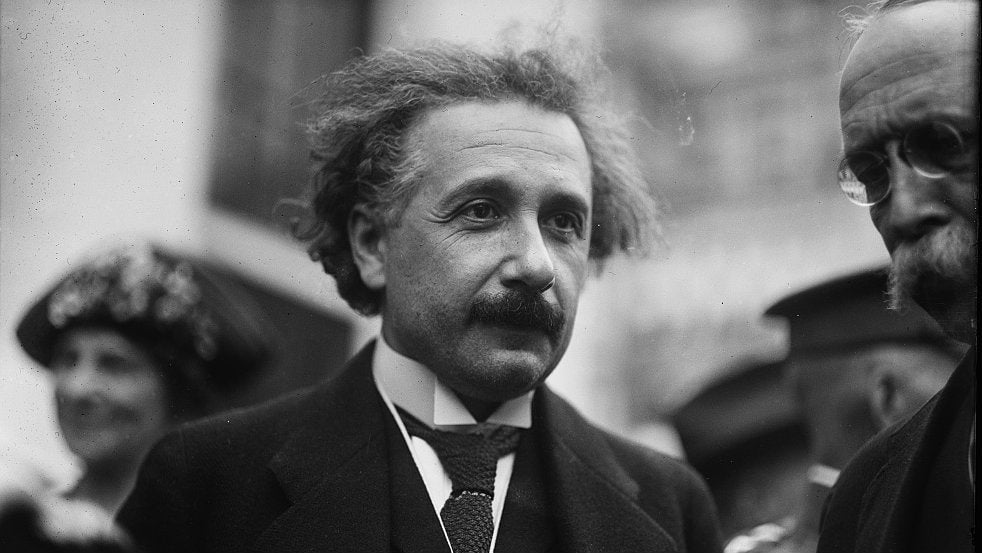“Simply don’t read that hogwash”: Einstein had some genius advice for dealing with haters
A century before the birth of Twitter, Albert Einstein issued the best advice to date on how to engage with trash-talkers: just don’t.


A century before the birth of Twitter, Albert Einstein issued the best advice to date on how to engage with trash-talkers: just don’t.
We know the father of relativity’s thoughts on haters thanks to his correspondence with the physicist and chemist Marie Curie, an exchange recently highlighted by Maria Popova at BrainPickings.
Four years after the untimely death of her husband and scientific partner Pierre, Curie began a relationship with Paul Langevin. Langevin was five years her junior and, more controversially, married.
News of the affair leaked just as Curie was about to receive her second Nobel Prize. The press coverage was nasty. Gossips insinuated that Curie was a homewrecker, and a foreign and Jewish one to boot. (The Polish-born French citizen was neither of those things—not that that makes it okay.)
The furious Mrs. Langevin launched a court case against her philandering husband shortly before the 1911 Nobel ceremony. The propriety-minded committee grew nervous at the whiff of scandal. One former laureate wrote to Curie: “I beg you to stay in France; no one can calculate what might happen here.” One of the modern era’s most brilliant scientific minds was reduced to the early 20th century equivalent of Becky with the good hair.
At this time Curie received a letter from Einstein, an admirer of her work. Einstein was outraged, he wrote, “by the base manner in which the public is presently daring to concern itself with you.” Then he dropped the golden rule for dealing with anonymous haters:
If the rabble continues to occupy itself with you, then simply don’t read that hogwash.
Curie went to the ceremony. The scandal blew over. She remains the only person to receive the honor in two different sciences, and the only Nobel prize winner to give birth to another. Curie was the first woman to receive the prize; her daughter Irène was the second.
Don’t read the comments. Genius.